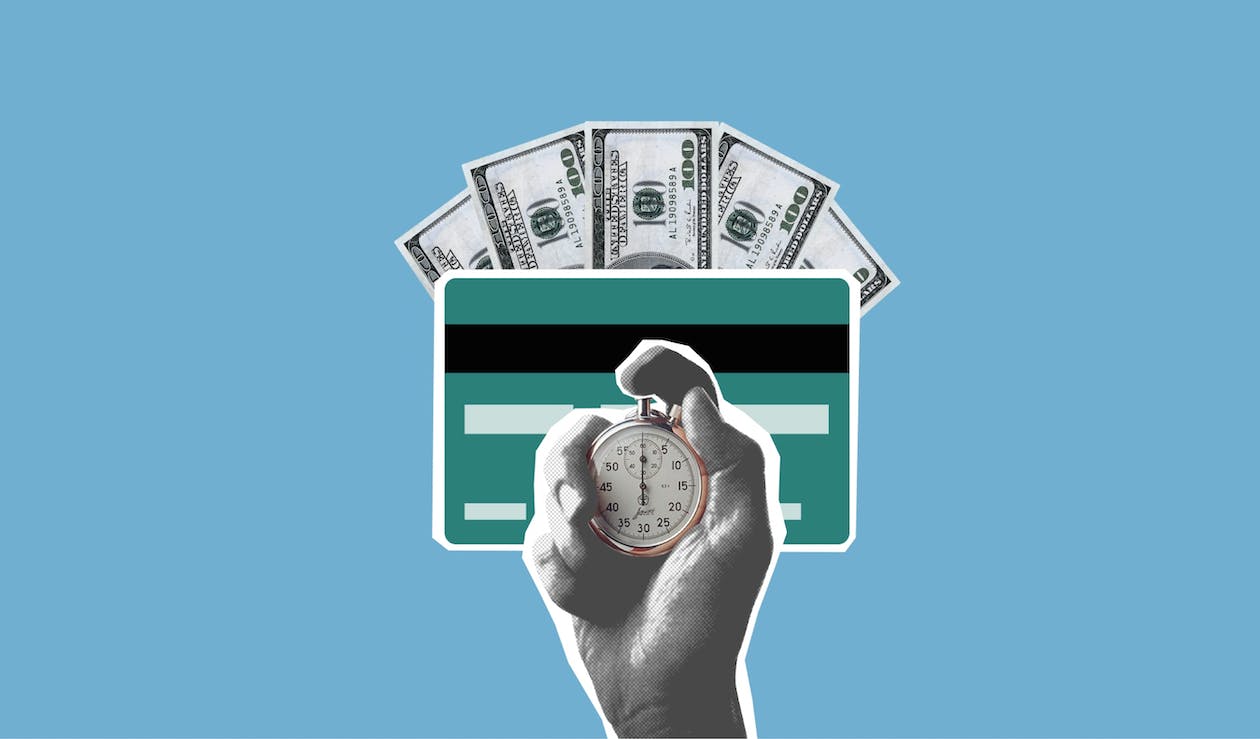
Do you believe in giving back to society? Post-global pandemic, the entire world is going through a difficult time. Some have lost jobs due to companies shutting down, whereas others struggle to make ends meet. During these challenging times, wealthy individuals have emphasized charity and donations. And for the same reason, donor-advised funds have become immensely popular.
Most people think this fund is only for ultra-wealthy people, but that’s not true. It is for everyone who makes charitable contributions regularly. It is a charity-giving account that allows donors to offer grants to people in need over time. Thus, the purpose of a donor-advised fund is to make it easy for people to make donations. Besides offering a social advantage, you can invest those funds for tax-free growth. After all, all funds dedicated to charity have tax exemption.
The donor-advised fund gets established through a community foundation. That means you can send donations anonymously as well to avoid attention. If it sounds appealing, consider opening this fund under your name. Here we have listed everything you should know about a donor-advised fund.
How Donor-Advised Funds Work?
With a donor-advised fund, you can make charitable donations to different sponsors and non-profit organizations. For tax deductions, you have to start counting from the year you created this fund. After that, feel free to distribute that money in the subsequent years under the advisement of the donor. Simply put, this fund is a like tax-free pot that holds charitable donations for a while.
Now, the question is how to open this fund. Fortunately, many companies, such as Crewe Foundation, allow people to open this fund. However, every donor must contribute between $5,000-$25,000 to avail of tax deductions.
Moreover, once you put money into the fund, you cannot take it back. As a donor, you can decide where to invest money, but a sponsor will control the funds. You may advise on what fund is non-binding, whereas the sponsor will exercise the powers. Under some circumstances, the sponsor can disregard the donor’s advice, but that’s rare.
Why are Donor Advised Funds Attractive?
Recently, donor-advised funds have become immensely popular because they are inexpensive and easy to open, much like a brokerage account. Therefore, financial advisors tell their clients to include these funds in their financial plans. If you want to know more, keep reading. Here we have listed a few reasons donor-advised funds are attractive.
Maximizes Tax Benefits
Today’s dynamic tax landscape has drawn many entrepreneurs to establish donor-advised funds. Biden administration is focusing on increasing the capital gains tax rates. Due to this, companies earning higher profits will be subject to higher taxes, reducing yield after tax. Despite the rising tax rates, a donor-advised fund can come in handy.
All the money invested in this fund would get exempted from tax. Hence, you can treat these donations as expenses in the income statement. It will reduce your taxable income, decrease the tax payable amount, and increase business profitability.
Improves Record-Keeping
Auditors will track your contributions when you invest money in the donor-advised fund throughout the year. In addition, they will provide a single tax document, preventing all record-keeping problems. Therefore, you can keep all the receipts in one location instead of writing multiple checks to individual charitable organizations. Besides this, auditors ensure the donation goes to a qualified charity – one registered as a 501©3 to avoid money movement in shell companies.
Invest Assets for Growth
Many people don’t know donors can develop an investment strategy for the assets in their donor-advised fund account. Select an allocation from pre-approved investment offerings and start investing your money. After all, there is no obligation to pay charities on the spot or in the same year. You have the flexibility to donate at your ease. Remember, all the investment growth is tax-free, allowing you to enjoy profitable returns. Alongside that, you can create more philanthropic capital for grantmaking.
Donor Advised Funds vs. Charitable Trust
Investors sometimes confuse donor-advised funds with charitable trusts, but it is different. The critical distinguisher is that charitable trust allows the individual donor to benefit in some way or another. However, the money is given away with no ownership of the donor-advised fund. Hence, it is a complete charitable gift with no other option.
At the same time, once you put money into a donor-advised fund account, there is no element of ownership or control. Besides, a charitable trust doesn’t offer the ease or simplicity of a donor-advised fund account. It has a high fee and penalty charges. In addition, the investor still owns the money, which isn’t ethically correct.
Final Thoughts
As tax regimes keep changing, the popularity of donor-advised fund accounts will significantly increase. It allows entrepreneurs to benefit from tax exemptions while working for society’s welfare. In addition, the strict terms of the fund ensure the money isn’t getting used elsewhere, protecting donation rights. Therefore, consider adding this fund to your toolbox when managing your tax situation or playing your part in the welfare of society.

